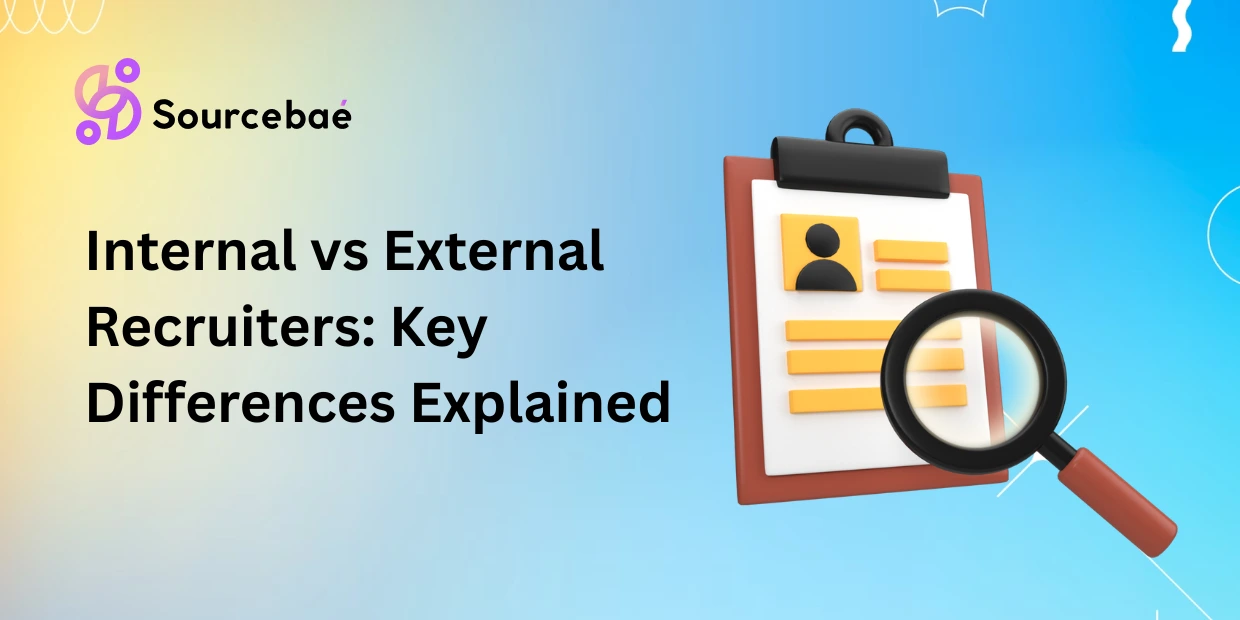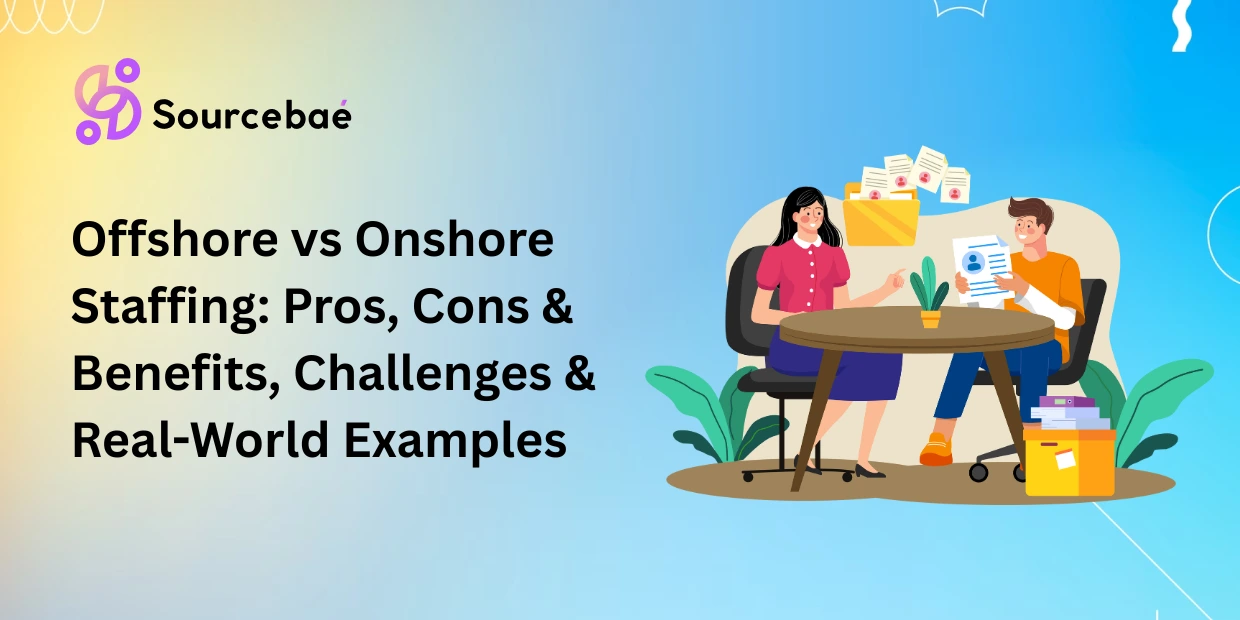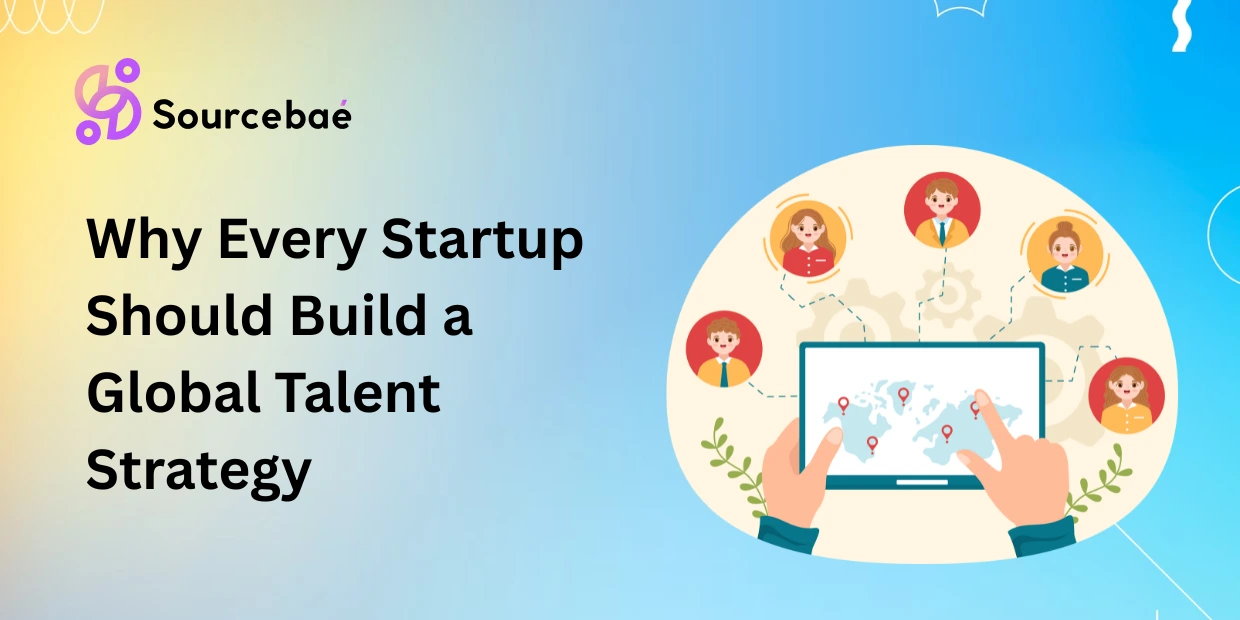In today’s rapidly evolving recruitment landscape, technology-driven solutions are no longer optional—they’re essential. As competing organizations leverage technology to find and secure top talent, companies still using outdated recruitment methods are losing competitiveness. Among the various innovative solutions emerging in recruitment, interview software stands out as the smartest and most impactful first step to digitally enhance the hiring process.
Interview software significantly transforms a once cumbersome process by automating repetitive tasks, increasing efficiency, and empowering decision-makers with valuable hiring insights. This detailed guide explores in-depth the various benefits, critical considerations, and practical implementation guidelines that clearly demonstrate why interview software should be any organization’s initial step toward digital hiring transformation.
What is Interview Software?
Interview software is a digital recruitment solution designed to streamline and optimize the job interview process. There are various types of interview software available today, including:
- Video Interviewing: Conduct live or asynchronous video interviews remotely.
- Artificial Intelligence (AI) Screening: AI-based candidate assessment and initial screening.
- Asynchronous (One-way) Interviews: Candidates record responses at their convenience, reviewed later by hiring managers.
These modern digital tools leverage advanced technologies such as Artificial Intelligence, Machine Learning, Natural Language Processing, and predictive analytics to automate hiring tasks and provide insightful candidate analytics.
Check out: Resumes Are Outdated: What Recruiters Really Want in 2025
Why Should Companies Adopt Interview Software First?
Leveraging interview software first as a pivotal step towards tech-driven recruitment brings significant advantages. Let’s explore these benefits in detail:
1. Streamlines Recruitment Processes
Automating traditionally manual recruitment tasks with advanced interview software drastically reduces the workload of recruiters and HR teams. Functions such as interview scheduling, candidate screening, and initial assessments become simplified and faster.
For example, according to HR industry studies, organizations using interview software reported a 60% reduction in manual administrative tasks. Internal communications regarding candidate progress are also streamlined, strengthening overall recruitment flow.
2. Increases Hiring Efficiency and Reduces Cost
Adopting interview software ensures faster candidate shortlisting through automated assessments and AI-driven initial interviews. Organizations utilizing these digital tools experience significantly reduced cost-per-hire and shorter hiring cycles.
Research by SHRM suggests that technology-driven optimization of recruitment processes can lead to 30-50% savings in recruitment costs, improving time-to-hire metrics simultaneously.
3. Improves Candidate Experience
Today’s candidates appreciate quick, convenient, and efficient hiring experiences. Interview software accommodates candidates through simplified scheduling, user-friendly interfaces, and clarity in communication.
Due to its ease-of-use and accessibility, candidates have positive interactions with employers right from the start, setting a promising precedent and boosting the employer brand considerably.
4. Enables Better Decision-Making Through Data
Interview software offers comprehensive analytics, including candidate rankings, predictive performance indicators, and metrics to promote diversity and inclusion. With insightful data-backed decisions, hiring teams significantly improve quality-of-hire metrics and identify the ideal candidates efficiently.
Diverse datasets collected from software-driven interviews help organizations reduce bias and better evaluate candidate skillsets objectively.
5. Offers a Scalable Recruitment Solution
For growing enterprises or those experiencing fluctuating hiring demands, scalability is essential. Interviewing software provides adaptability during peak recruiting seasons or expansions, allowing HR teams to manage talent quickly and effectively.
Several businesses, particularly in rapidly expanding sectors like technology and healthcare, successfully scaled hiring without adding disproportionate recruiter headcounts when adopting video interviewing software.
6. Facilitates Remote Hiring and Hybrid Work Environments
In an age where remote work and hybrid workplaces become the norm, recruitment strategies must adapt quickly. Interview software enables recruiters to comfortably reach candidates worldwide without geographical or logistical limitations.
This critical advantage makes interview software an indispensable tool in recruitment strategy, especially in remote-first and distributed teams.
Considerations Before Choosing Interview Software
While interview software brings considerable value, companies must thoroughly consider a few essential aspects before selection:
- Features and Functionality: Confirm ease-of-use, robust analytics, and integration capabilities.
- Compliance Considerations: Verify compliance with data protection laws like GDPR.
- Budget and Pricing: Consider affordable, flexible pricing models suited to your company’s size and recruitment volumes.
- Vendor Reputation: Research vendor credibility and user reviews thoroughly.
Check out: Remote Interviews Are Better Than In-Person Ones
Implementation Guidelines: Introducing Interview Software to Your Company
Implementing interview software effectively involves careful planning, stakeholder engagement, and training:
- Engage Stakeholders: Clearly communicate benefits to initiate buy-in.
- Adequate Training: Equip recruiters and hiring managers with software best practices.
- Monitor Adoption Metrics: Evaluate implementation success regularly, measuring ROI and identifying areas for optimization.
Real-World Examples & Case Studies
Several leading organizations have successfully adopted interview software, demonstrating improved efficiencies, reduced time-to-hire, and excellent candidate experiences.
- Multinational companies like Accenture reduced candidate screening from weeks to mere days with asynchronous interviews.
- The healthcare sector increasingly relies on interview software to recruit healthcare professionals swiftly and accurately in high-pressure recruiting scenarios.
Real-world evidence consistently underscores interview software’s value in improving recruitment outcomes.
FAQs (Frequently Asked Questions)
What exactly is interview software?
Interview software is a technology tool facilitating streamlined candidate screening and interviewing through video, asynchronous interviewing, automated scheduling, and AI-modeling candidate data.
Is interview software expensive?
Not necessarily. Interview software comes at varied pricing structures suitable even for SME budgets. Consider the high ROI through efficiency gains and cost reductions.
How does interview software improve the hiring process?
Interview software automates tedious processes, reduces time-to-hire, improves candidate experiences, and provides predictive analytics for candidate evaluation.
Are there privacy/legal issues to consider?
Yes, particularly data privacy compliance such as GDPR. Ensure interview software vendors are compliant and credible in data handling practices.
What roles and industries benefit most from interview software?
Industries such as technology, healthcare, hospitality, finance, and remote-first organizations all significantly benefit from interview software given their volume of hiring or geographic distribution.
How reliable is AI technology in evaluating candidate traits?
Modern AI technology leverages advanced analytical capabilities, providing high accuracy in evaluating skills, cultural fit, and behavioral traits—though human validation remains critical in the final hiring decision.
How do candidates typically react when companies use interview software?
Candidates appreciate the convenience, flexibility, and swift communication of digital interview experiences. To reduce apprehensive responses, clarify benefits and assure data privacy.
Can small businesses benefit from interview software?
Absolutely. SMEs can significantly benefit from interview software by improving resource management, saving costs, and scaling quickly when hiring.
How does interview software integrate with existing HR tech?
Most modern interview software smoothly integrates with existing applicant tracking systems (ATS), CRM, HRIS, or other company-specific internal systems.
Conclusion: The Smart Path to Digitally-Enhanced Hiring
In summary, adopting interview software is a strategic move that modernizes your recruitment strategies effectively. Benefits like streamlined hiring, significant cost reductions, enhanced candidate experience, data-driven decisions, recruitment scalability, and remote and hybrid team support clearly mark interview software as the most impactful first tech step organizations can take.
The high ROI and transformative potential solidify its position as a core component of future-focused recruitment strategies.
Call-to-Action: Embrace Interview Software Now
Ready to modernize and digitally transform your hiring process? Take proactive steps today by requesting software demos, analyzing vendor proposals, or piloting a leading interview software within your recruitment process. Elevate your hiring today and embrace the smart, efficient recruitment solution your business deserves.
If you’re a developer looking to work for big tech companies, Sourcebae can help. Create your profile and provide us with all your details, and we will handle the rest!





